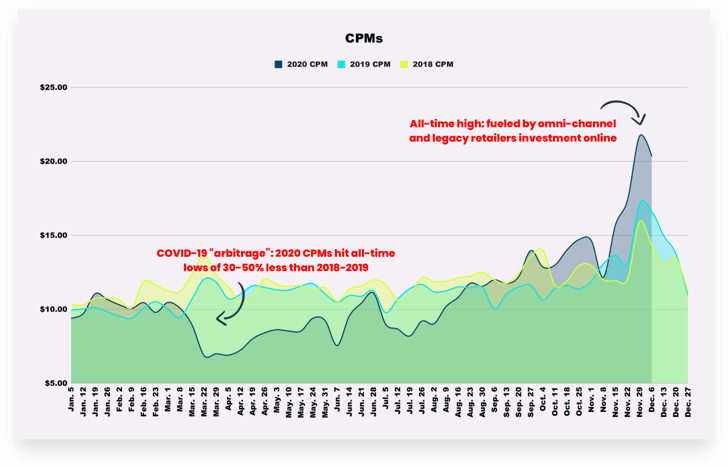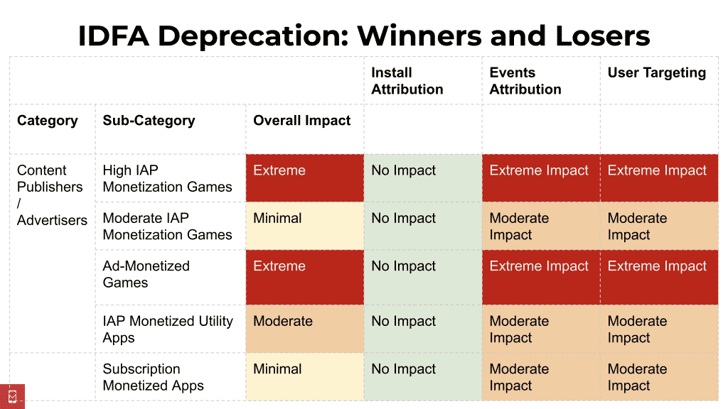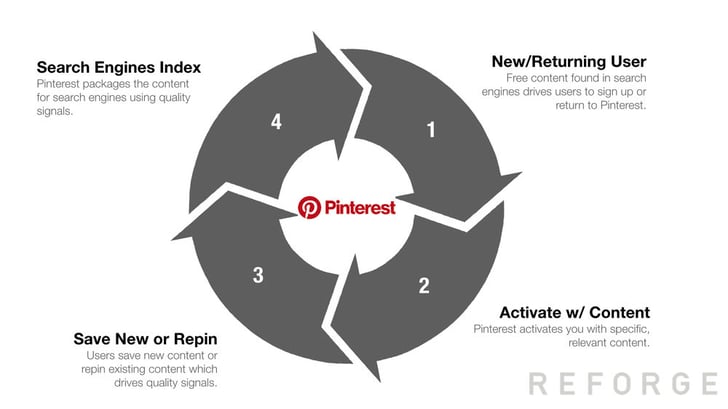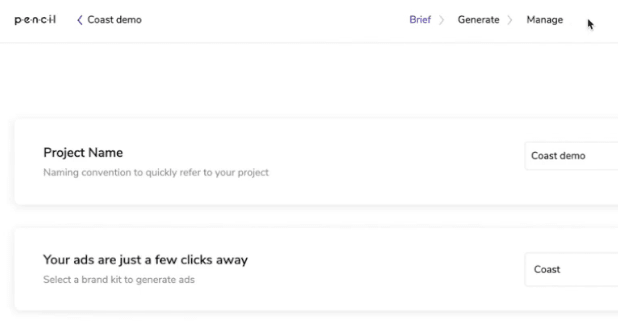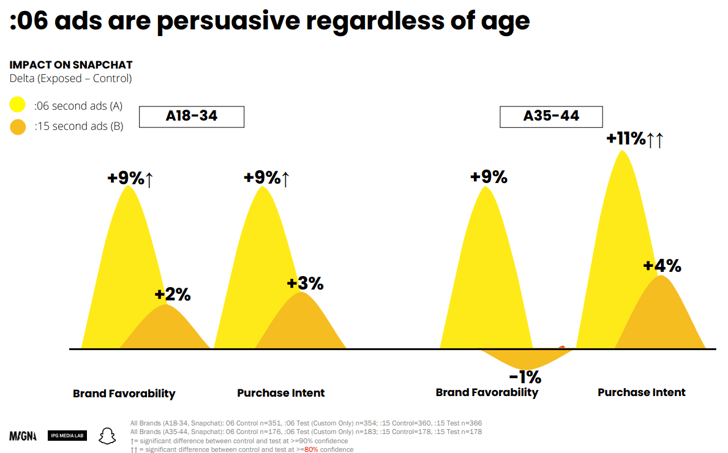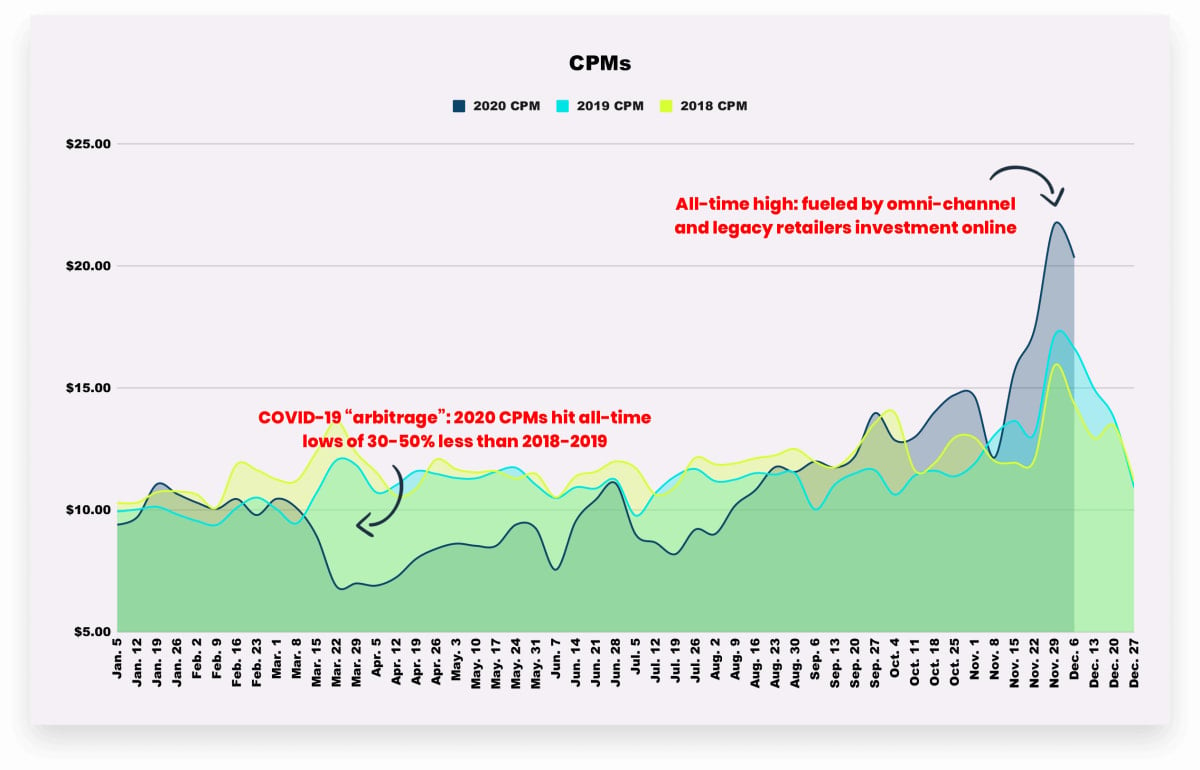
I hope you are enjoying a merry Christmas. Before the year draws to a close I wanted to touch upon a few highlights.
-
Facebook CPMs throughout the year:
US sample data from https://commonthreadco.com/blogs/coachs-corner/coronavirus-ecommerce
-
Facebook has been sued by the US FTC and a few US states, claiming the acquisitions of Instagram (2010) and WhatsApp (2014) were anti-competitive and led to privacy infringements, and Facebook uses access to users' data APIs selectively to squeeze out competing networks. They call for Facebook to be split up, as this is supposed to help competition across a number of areas, not least privacy and content moderation.
I just wouldn’t bet on anything here, really. This will take years to be worked out and is still not solving what to do with Apple and Tiktok or Amazon. It needs a general solution in the form of legislation and regulation that can be applied more broadly instead of taking it case by case. As a result, Facebook’s stock price hasn’t moved at all.
-
Apple postponed its deprecation of IDFA until some time early next year, replacing it with SKAdNetwork - which is, as the naming already suggests, a conundrum of attribution, including random timers, which I personally find intriguing as a general idea. In short: Things will change, there will be winners and losers:
More tables here: https://mobiledevmemo.com/idfa-deprecation-winners-and-losers/
-
Growth loops are the new funnels, claims a blog post over on Reforge.com. A very insightful article, focusing on how creating compound interest across domains (e.g. media, website, app) can substantially drive product adoption. In the example of Pinterest:
-
User signs up (or returns)
-
They activate you on the product with specific/relevant content
-
You save new content or repin existing content which gives Pinterest quality signals
-
Pinterest distributes quality content to search engines
-
A user finds the content via search engines and either signs up/returns (see step 1)
Imagine how this plays out in a big org, how to get all those interests aligned to make sth. like this happen.
-
-
I tested Pencil, an AI tool that turns assets into ads with the help of machine learning, with Manitober, one of my clients. You upload images, videos, and copy and it creates video ads you can then edit and export to Facebook.
The results were instantly on par with our regular ads, albeit we needed to tweak the videos a little bit here and there. With a few more improvements - mind you, we were early to the platform - Pencil will be a boon for businesses that struggle with scaling creative production or want to save costs & improve effectiveness. Check out the demo here and let me know if interested.
-
Google Tag Manager has recently released Server-side tagging into public beta. While this - perhaps - helps some to set up server-side conversions more easily, if not already using tools like Snowflake, Segment, or plugins, I say it’s rather for Google-focused businesses, as it doesn’t really make things easier, just different, and gives Datenschutz-teams a new question to ponder. In my experience so far most Datenschützers don’t want Google to be integrated server-side. Have a look at how Google integrates it into GTM: https://www.simoahava.com/analytics/server-side-tagging-google-tag-manager/
-
How 6 second videos work better than 15 seconds on Snapchat across age groups:
It seems that shorter ads quickly get their point across to maximize persuasion. Those who can, do.
#5: Even Snap reports less use of stories
Hello!
I hope this newsletter finds you well.
It comes somewhat delayed as I moved flats and moved...
#1: Commercialising Social
Welcome to the first installment of The attribution of ROAS on paid social and beyond. Let me know...
